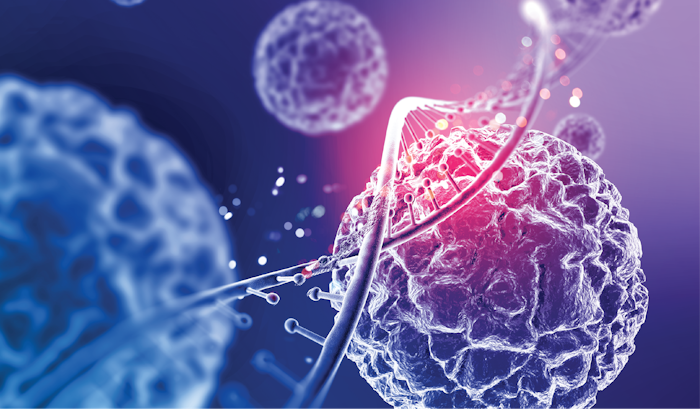Pre-clinical Studies for NF2 Schwannomas
Email Principal Investigator

Christina Fernandez-Valle
CBTN Specimen
Backer
NIH RO1
About this
Project
Mutations in the merlin tumor suppressor gene (NF2) cause the rare tumor disorder Neurofibromatosis Type 2 (NF2). Individuals with NF2 develop schwannomas as well as meningiomas and ependymomas throughout their lifetime. Bilateral vestibular schwannomas (VS) are diagnostic for NF2 and are typically not removed unless absolutely necessary. Resection of VS leaves patients deaf and often with facial paralysis and balance deficits. To date, there is no FDA approved drug therapy for this disease, thus there is a great need for pharmaceuticals to slow or prevent schwannoma growth that are safe for chronic use. The barriers to development of NF2 drug therapies have been the lack of relevant and high quality specimens, animal models, and identified drug targets. The research hypothesis is that studying the response of human tumor tissue to candidate drugs will be more impactful than studying mouse model cells. Therefore, access to the rare tumor tissue type (i.e. schwannomas, ependymomas, and meningiomas) made available through the Pediatric Brain Tumor Atlas is invaluable to this work. This translational research study has the promise of directly impacting ongoing clinical trials for NF2, therefore directly supporting the development of new diagnostics and therapies.
Ask The
Scientists
What are the goals of this project?
The main goal of this project is to advance the use of pharmaceuticals for the treatment of NF2.
What is the impact of this project?
If new pharmaceuticals and drug targets are identified for NF2 this research could be used to support an array of clinical trials already ongoing thus speeding up the pursuit of new therapies.
Why is the CBTN request important to this project?
High quality NF2 specimens are needed to complete this research, and the Children’s Brain Tumor Network is one of the only providers of such specimens making its contribution very important.
Specimen Data
NF2 Biosolutions and CBTN will be contributed samples for this project.


